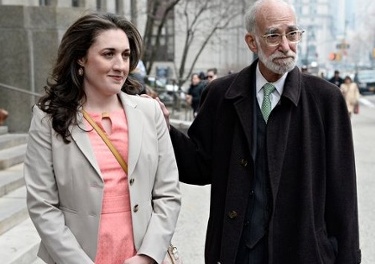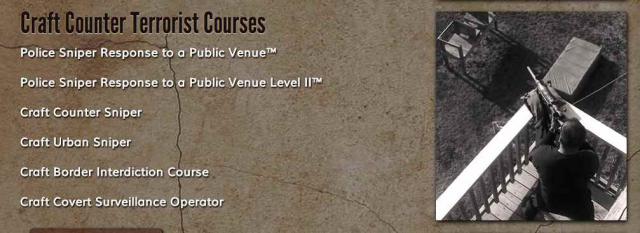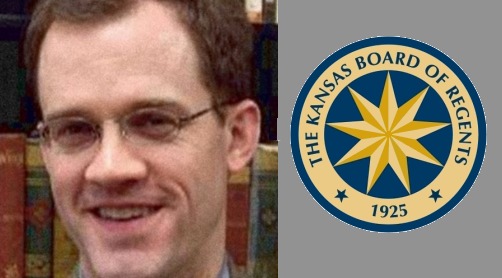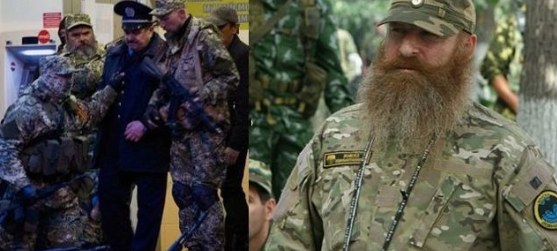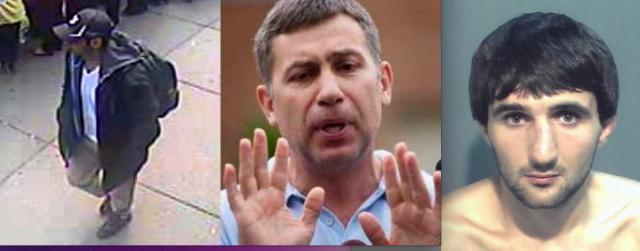Almost a year after an FBI agent shot and killed, under suspicious circumstances, a crucial witness in the Boston Marathon bombing case during what initially appeared to be a botched midnight interrogation in an Orlando apartment, serious questions are being raised about the FBI agent who fired seven shots into Chechen immigrant Ibragim Todashev last May 22, and about what the FBI is really up to on this case.
Two investigations, one by the FBI itself and one by the Florida Attorney General’s office, exonerated the FBI in the shooting death, claiming the agent, never identified, had been acting in self-defense, when Todashev allegedly ran at him with a raised broom handle.
Now, an examination of information in incautiously censored documents provided by the FBI to Florida investigators looking into the killing have made it possible to break through FBI secrecy and learn the identity of the agent. It is 41-year-old Aaron McFarlane, who joined the Bureau in 2008 after retiring on a $52,000 lifetime annual disability pension from a short stint as an officer in the Oakland Police Department.
Aside from the question of why someone who passed through the rigorous training program the FBI runs for its recruits at Quantico, VA would also qualify for a lucrative disability pension (allegedly attributed to a foot injury on the job), it turns out that McFarlane also has a pretty checkered past at Oakland’s Police Department — a police department that has such an extraordinary record of corruption and brutality, that since 2012 it has been operated under the supervision of a federal court “compliance director,” whose job is to see that officers don’t brutalize residents or violate their civil rights.
McFarlane apparently did more than that as an Oakland cop. A report published on May 5 by criminologist B Blake discloses that during his four years with the Oakland Police, Todashev’s G-man inquisitor and killer was the subject of two police brutality lawsuits and four internal affairs investigations. Blake also discloses that McFarlane, as a defense witness in a corruption trial, pleaded the Fifth Amendment against self-incrimination in refusing to answer questions from the prosecutor in that case, which involved officers .


